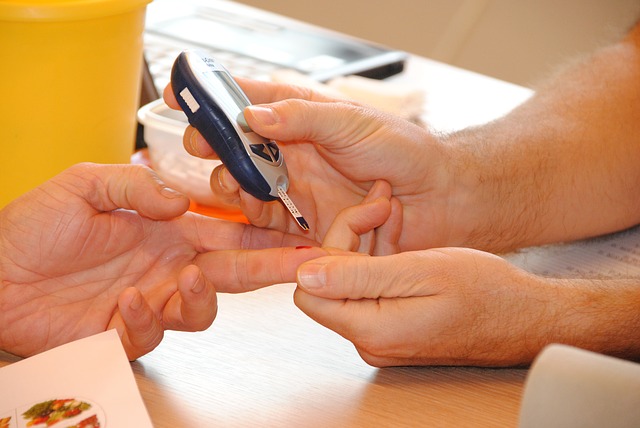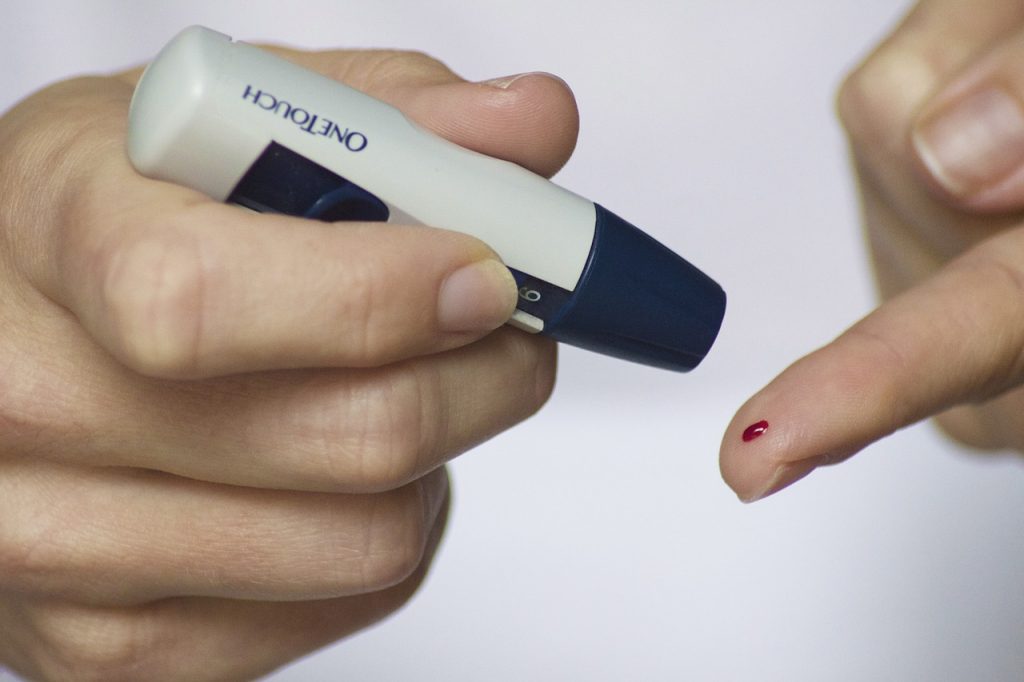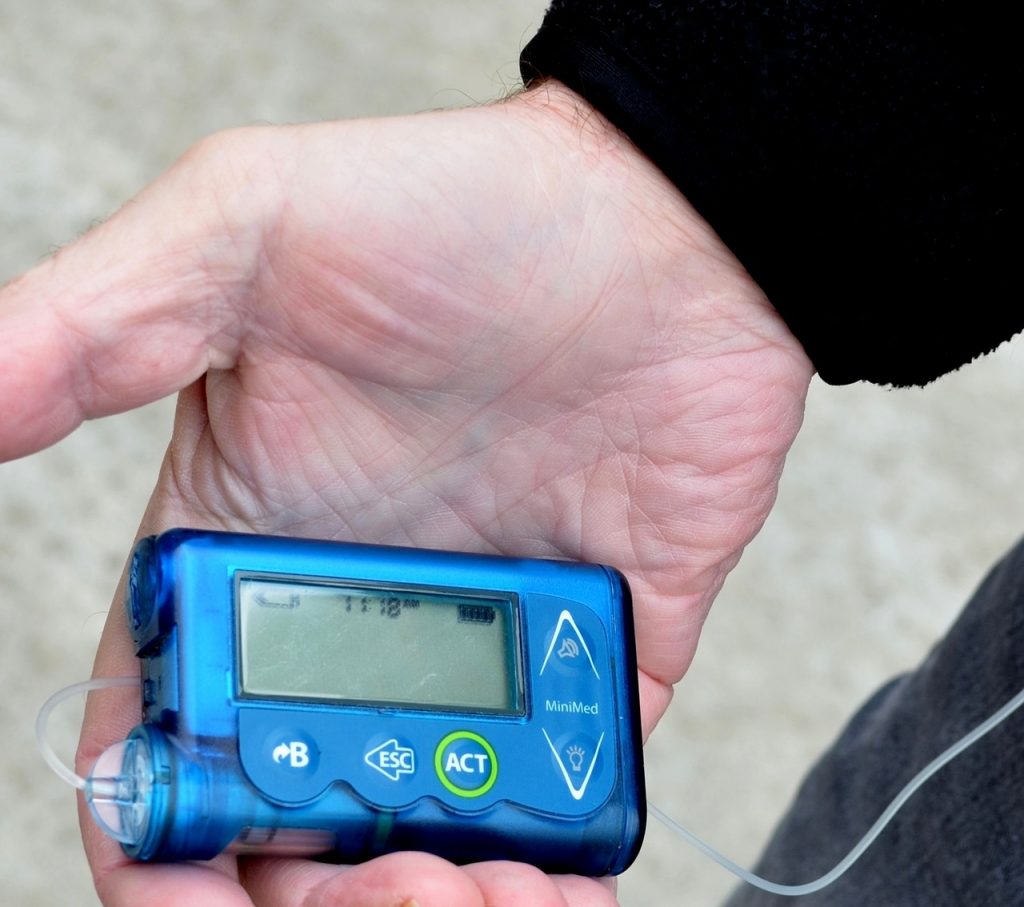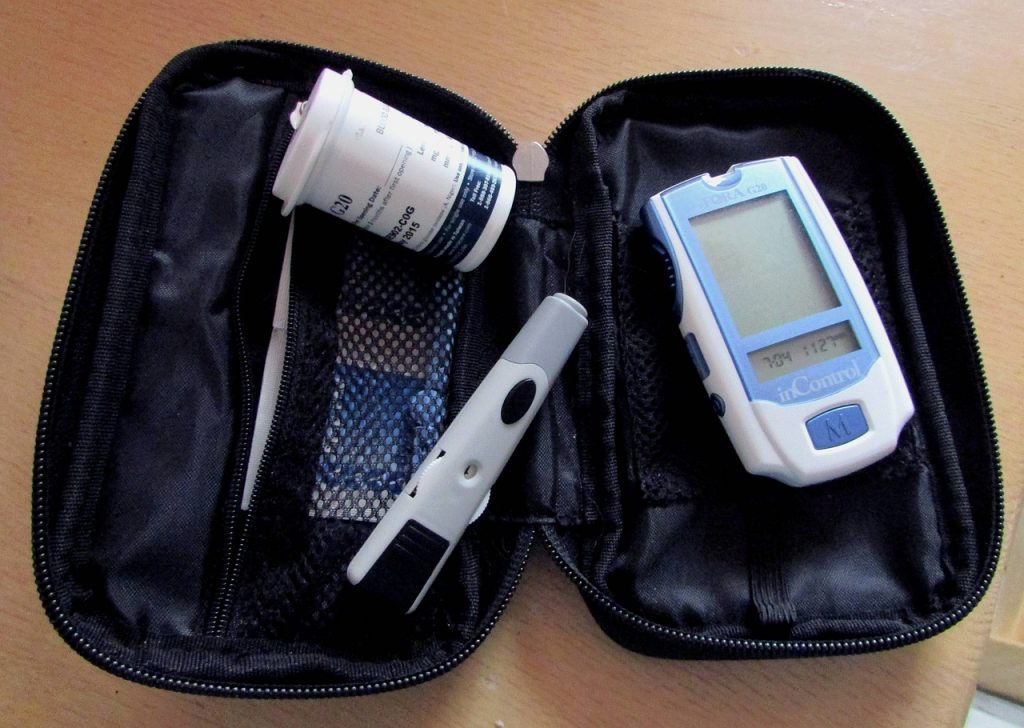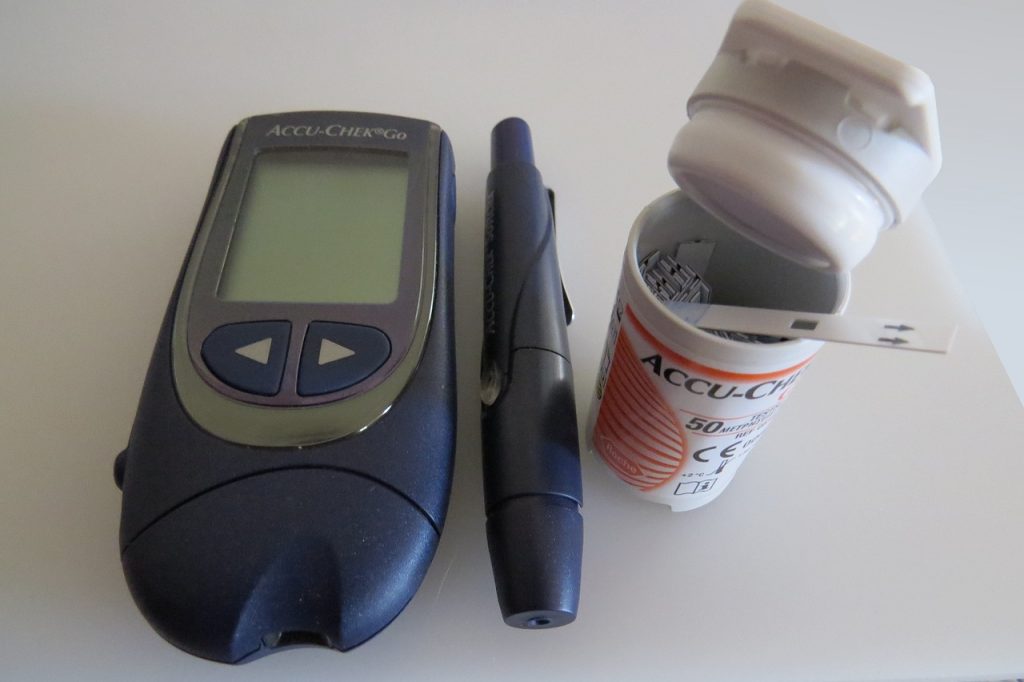People with diabetes must test their blood sugar periodically throughout the day. Doing so is a life and death situation. That testing tells them if they need to inject insulin. Much has been written about the dangers of diabetes and insulin resistance, leading many to take the pre-emptive step of regularly testing and/or using modern technology to track their blood glucose levels in real-time.
An increasing number of doctors are even recommending testing to help people stay healthier by learning how food and exercise affects them and their energy levels. Surprisingly, people are discovering that supposedly healthy options, such as fruit, can spike sugar levels higher than cookies.
Continuous glucose monitoring (CGM) devices make it easy for individuals to track and monitor blood sugar levels, without painful finger pricks, and the technology provides a more accurate and up-to-the-minute view of how dietary choices affect glucose levels. Many people are turning to CGMs or even traditional monitoring methods because they’re at a higher risk of developing the disease due to a family history.
Individuals should know that CGM technology requires a prescription. For those that haven’t been diagnosed as diabetic, insurance probably won’t cover the cost and the devices aren’t cheap. Many insurers won’t cover the cost at all, deeming traditional meters and test strips as a more cost-effective solution for the insurance company.
In some instances, durable medical equipment (DME) insurance benefits may cover the cost. Others are ordering their CGMs from Europe where at least one brand of CGM is available without a prescription.
There are multiple guidelines that diabetics must follow to stay healthy and control their blood sugar levels. The use of CGMs by non-diabetics can provide powerful and important insight into established “rules” by which diabetics currently live. It can be helpful in creating more effective dietary methods of managing diabetes.
The devices are an effective way to preemptively address the disease before it develops. It can be equally important for learning how medications, stress and other factors directly affect blood sugar levels.
If you would like to find out about earning cash for your unwanted, unused and boxed test strips, complete our online quote form today.
If you have extra, unopened and unused boxes of diabetic test strips – whether you have switched brands, no longer need to test or test less frequently, or have a loved one who has passed away – don’t let them gather dust until they’ve expired and end up in the trash. We’re the best place to sell diabetic test strips online, and if you want to sell your test strips, we’re here to make the process easy and enjoyable!
Visit us at Sell Your Test Strips and get your free quote today!

